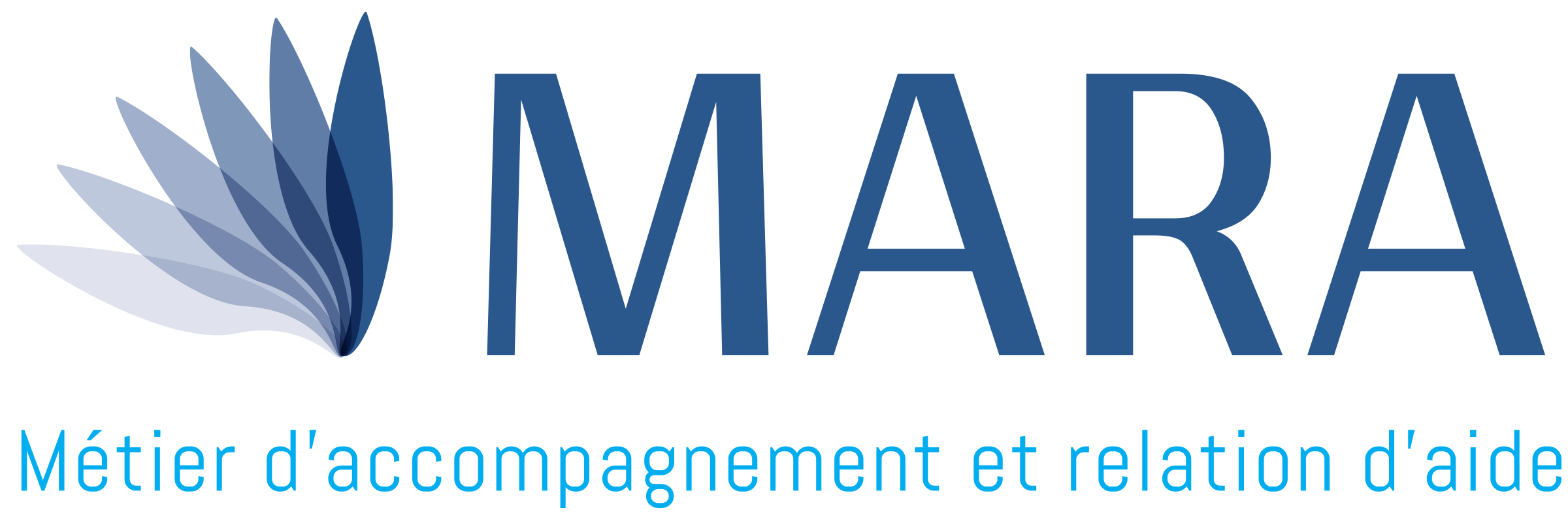Accompanying professions
THERAPEUTIC RELATIONSHIP AND SHORT-TERM THERAPY
For more than 10 years, RITMA has developed significant expertise in short term therapy and therapeutic relationships. It was a precursor in this field following the new realities resulting from the implementation of Bill 21 on psychotherapy in 2012. In this perspective, a process of knowledge of these issues was set up and is still part of our criteria today.
Surrounded by experienced collaborators, RITMA represents a large number of practitioners and therapists from private schools, colleges* and universities*.
Different approaches are used in these support sessions.
Through their brief and pragmatic interventions in the; here and now, practitioners in therapeutic relationships and other support professions, provide preventive support in mental health and promote the improvement of overall well-being.
RITMA advocates the harmonious coexistence of mental health, support and assistance services, while respecting the clearly defined roles of each.
In an ecosystem where no one replaces anyone, everyone has a specific role to play in maintaining a balanced life.
Many of the interveners have university or college training in related fields and have chosen to migrate to private practice*
All RITMA Group members who work in the field of accompanying have a minimum of 1000 hours of training, and most of the time, much more in their fields of expertise. Degrees are rigorously validated.
*Please note that RITMA members do not use their titles related to a professional order and do not engage in any activities reserved for professional orders related to them.
Important note: Our members are not psychotherapists or psychologists and have the duty to refer when the client situation is outside their field of expertise.
ETHICS - at the heart of our values - Derived from the Greek word "ethos" which means "way of life". This concept leads us to reflect rationally on our values, the conditions of others, our professional responsibilities as well as on the finality of our actions.
Health is a state of complete mental, physical and social well-being and does not consist solely of the absence of disease...
Member of Groupe RITMA. ![]()
Links of interests
https://www.ordrepsy.qc.ca/english
https://santementaleca.com/la-sante-mentale.html (French only)
https://www.mouvementsmq.ca/sante-mentale/definition (French only)
https://www.ccohs.ca/oshanswers/psychosocial/mh/mentalhealth_intro.html
https://www.canada.ca/en/public-health/services/about-mental-health.html
Agreement between RITMA and the Ordre des psychologues du Québec

Read the full agreement ICI
(Available in French only)
Interventions that are not psychotherapy
Some interventions are related to, but do not constitute, psychotherapy. The Regulation respecting the psychotherapist’s permit lists some of these interventions and provides the following definitions.
Read the full document HERE
Mental Health
Definition of mental health...CLICK HERE
Services that can be offered in compliance by hypnosis practitioners
Ce document est en français seulement
L’hypnose est une technique pouvant être utilisée dans le cadre de différentes interventions, dont la psychothérapie. Depuis juin 2012, pour exercer la psychothérapie au Québec, y compris par le biais de l’hypnose, il faut être psychologue, médecin ou détenteur d’un permis de psychothérapeute.
Au moment de la rédaction de ce document, une simple recherche sur le Web avec les mots clés « hypnose » ou « hypnothérapie » permet de constater l’abondance et la diversité des services offerts. La description de certaines de ces offres peut parfois porter à confusion et laisser entendre que les services offerts constituent de la psychothérapie au sens de l’article 187.1 du Code des professions (L.R.Q., c. C-26).
L’OPQ reçoit d’ailleurs beaucoup de signalements en pratique illégale à ce sujet, d’où l’intérêt de la diffusion de ce document.
Or, s’il ne fait aucun doute que l’hypnose ou l’hypnothérapie peut être pratiquée et offerte au public par un praticien qui n’est pas psychothérapeute, il convient toutefois que les services qu’il annonce et offre au public, dans ses publicités, sur son site Web ou via d’autres forums, soient conformes à la Loi.
Le présent document vise donc à circonscrire cette façon de faire et d’encadrer le mieux possible la façon dont les services d’hypnose ou d’hypnothérapie peuvent être offerts au public, lorsqu’ils ne s’inscrivent pas dans le cadre d’une psychothérapie.
CLIQUEZ ICI pour lire le document complet
